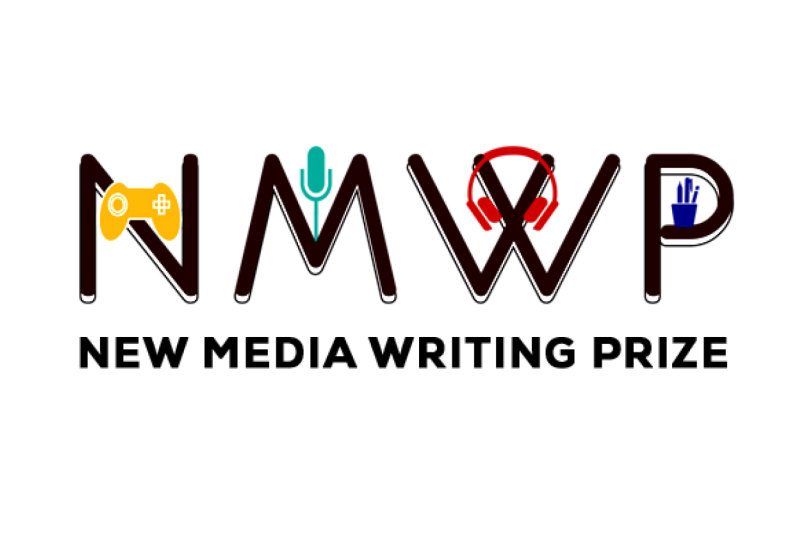The project
Artificial Intelligence (AI) techniques have made significant progress and impact in the digital health arena. Examples of successful applications include those in the areas of medical imaging, diagnosis, and patient care. Funded by the High Education Innovation Fund, the Neuravatar project aims to combine state-of-the-art AI techniques with augmented reality technology to develop a next generation medical education platform This system will include modular teaching tools and case scenarios derived from real cases and outcomes. Large clinical datasets from existing data repositories in Dorset will be used to train ML driven education and decision support tools.
The Neuravatar is a medical teaching platform that provides an anatomically correct three-dimensional teaching tool using virtual reality and mixed reality. This facilitates a deeper understanding of the human body in real individuals. The Neuravatar platform allows an immersion in a range of clinical scenarios and provide virtual training for students to supplement live clinical experience. Future developments of the platform will include decision support tools, case recording and data analytics tools to support machine learning and personalised actionable analytics.
Neuravatar App
The computer animation and visualisation skills already at BU offer a unique opportunity to develop a suite of tools ready for the influx of medical students using immersive virtual reality and mixed reality techniques. The primary aim of the project is to develop a medical teaching platform that provides an anatomically correct three-dimensional teaching tool using virtual reality and mixed reality such as Microsoft’s HoloLens 2. This will facilitate a deeper understanding of the human body in real individuals. The platform will be developed to allow immersion in a range of clinical scenarios and provide virtual training for students to supplement live clinical experience. This approach will be supported with modular teaching tools and case scenarios derived from real cases and outcomes. Future developments of the platform will include decision support tools, case recording and data analytics tools to support machine learning and personalised actionable analytics. The project will blend cutting-edge animation and visualisation techniques with digital health approaches with human-centred design principles to provide a platform to train the next generation of healthcare professionals. The project aim is to build on work already undertaken between BU and NHS organisations in Dorset to develop a blended reality platform for undergraduate medical teaching and postgraduate training.
Project funder
The project is funded through via the Higher Education Innovation Fund (April 2020 - July 2023).
Please contact Prof Xiaosong Yang ([email protected]) or Dr. Rupert Page ([email protected]) if you have any questions about the project.


